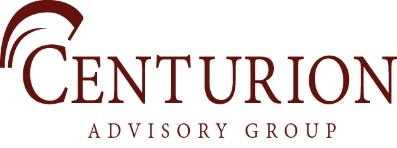Cash and Interest Rates
As you likely know, interest rates have increased significantly in the last year. This makes holding cash a much more attractive proposition. Where do you hold your cash though, in order to maximize interest earned? Following is what we do and recommend.
30 Day Reserves
For both personal and business funds, we maintain 30 days of operating expenses in cash, in our local bank. This can be either checking or savings or a combination of both. Interest earned on either checking or savings balances is fairly nominal. However, the goal here is ready availability.
How do you determine daily operating expenses? Look at last year’s business expenses on your P&L or Income Statement. Divide by 365. That is your daily operating expense. Multiply by 30 to get your monthly operating expense.
31 to 90 Day Reserves
We hold these reserves in a high-yield money market account. Our local bank offers a money market rate of less than 1% so we have shopped around. Here’s what we have found.
For money market funds, American Express Bank is offering 3.3%. Truist, the current version of the SunTrust/BBT merger, is offering 3.6%. MaxMyInterest, an aggregation tool, has available money market funds at a net of 4.15%. Emigrant Bank of NYC is offering the highest money market yield of which we are aware, at 4.35%. And thanks to one of our astute readers for this discovery.
Longer Term Reserves
Our firm has adopted a financial management discipline calling for a full twelve months of operating expenses held in reserves. To that end, we set aside 5% of monthly revenue into a special reserve account. These funds are set aside prior to any shareholder distributions.
These funds can only be accessed for share purchases, though we have a minimum balance set for this account regardless of use of funds. Any other uses for this reserve account require shareholder approval. This account is held with one of our custodians and funds are invested in the stock market. We buy dividend-paying individual securities, purchased at price points which are low, relative to dividend yield. Since this is a longer-term reserve, we have no concerns regarding market volatility.
Summary
Money market accounts are a viable alternative to bonds. We encourage local banks to sharpen their pencil so they can retain these funds. Continue to build cash reserves as cash on hand can help you capitalize on opportunity.
Until we see you again we wish you only the best.
Warm regards,
Randy Brunson

